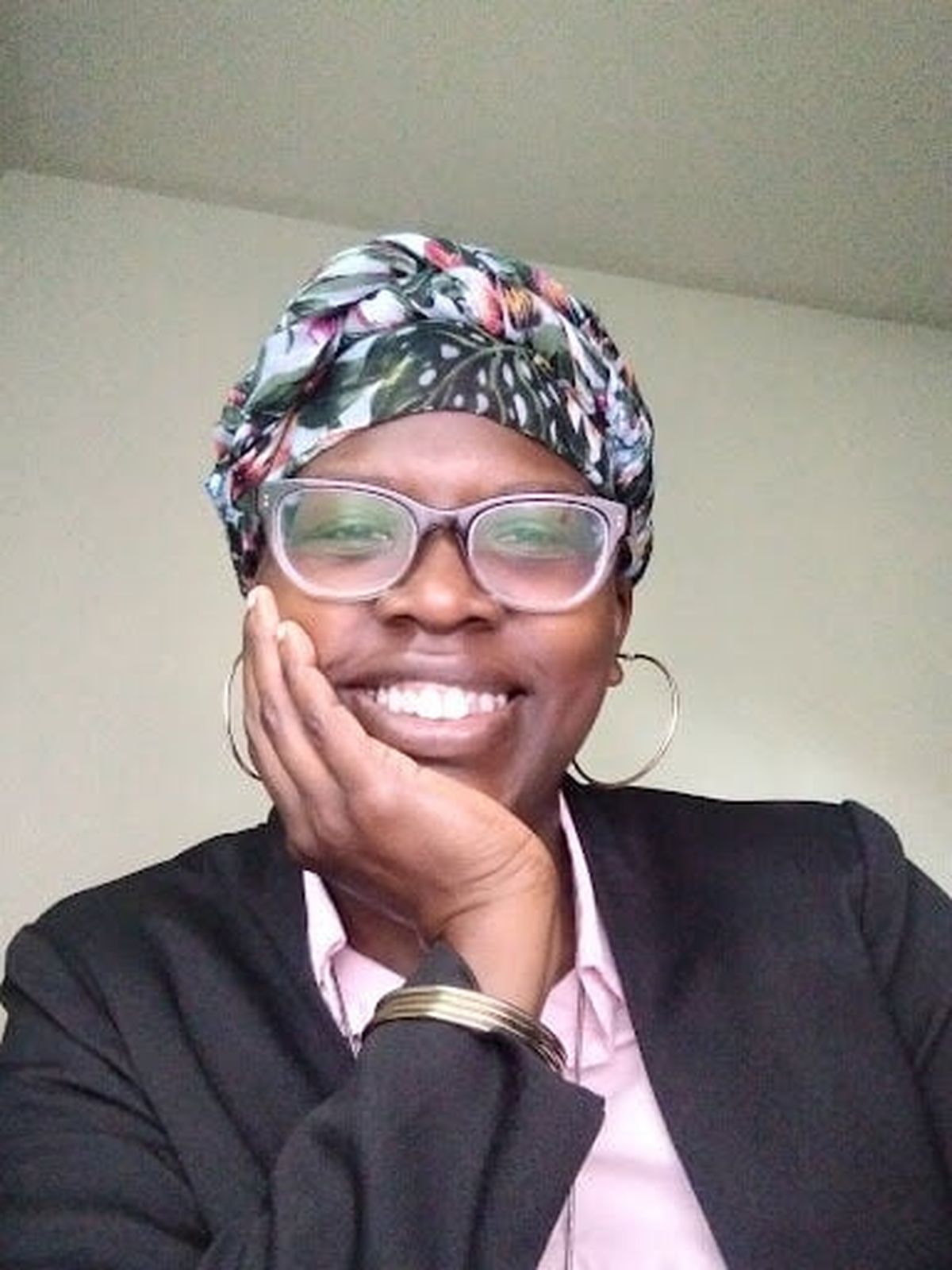Books have the power to change lives, and for African American children and teens, the right story can be both a mirror of their own experiences and a window into new possibilities.
October marks “National Book Month,” a time to celebrate the power of reading and the stories that shape our lives. Books can be both mirrors and windows: they reflect our own experiences while opening new perspectives on the wider world. For African American children and teens, reading stories that feature characters who look like them, face similar challenges, and celebrate their culture is an important way to build confidence, foster pride and encourage lifelong learning.
National Book Month offers families, educators, and communities the chance to highlight works that have stood the test of time as well as newer titles that continue to inspire. The goal is not only to develop strong literacy skills, but also to nurture imagination and strengthen identity.
One classic that continues to resonate is “Roll of Thunder, Hear My Cry” by Mildred D. Taylor. First published in 1976, this novel tells the story of the Logan family in 1930s Mississippi as they struggle to maintain dignity and independence in the face of racism and injustice. For young readers, it is both a gripping family saga and a history lesson that brings the past to life.
Equally powerful is “Bud, Not Buddy” by Christopher Paul Curtis, which won the Newbery Medal and the Coretta Scott King Award. The story follows a 10-year-old boy during the Great Depression on a journey to find his father. With humor, heart, and resilience, it shows children that perseverance can carry them through the toughest times.
Picture books are just as important for younger children. “Crown: An Ode to the Fresh Cut” by Derrick Barnes and illustrated by Gordon C. James celebrates the pride found in a simple haircut, while “Hair Love” by Matthew A. Cherry highlights natural beauty and family love.
For middle-grade readers, “One Crazy Summer” by Rita Williams-Garcia explores family relationships and cultural history during the 1960s. More recent works like “New Kid” by Jerry Craft, the first graphic novel to win the Newbery Medal, connect with children who may feel out of place in new schools or environments.
For teenagers and young adults, the list of must-reads expands even further. “The Hate U Give” by Angie Thomas has become a modern classic, tackling themes of police brutality, activism, and finding one’s voice. Thomas’s follow-up, “On the Come Up,” is equally powerful, exploring a teenager’s struggle to break into the world of hip-hop while dealing with social pressures.
“Piecing Me Together” by Renée Watson offers an intimate look at the challenges young Black girls face when navigating questions of race, class and opportunity. Similarly, “Long Way Down” by Jason Reynolds, written in verse, delivers a gripping story about choices and cycles of violence in a single, unforgettable elevator ride.
Historical fiction also gives teens meaningful insight. “Copper Sun” by Sharon Draper tells the story of a young girl kidnapped from Africa and sold into slavery, offering a painful yet powerful reminder of resilience. Draper’s “Tears of a Tiger” continues to resonate with high school readers, addressing grief, friendship, and healing.
Nonfiction titles for young adults, such as “Stamped: Racism, Antiracism, and You” by Jason Reynolds and Ibram X. Kendi, help readers unpack the history of race in America in an accessible way. Meanwhile, memoirs like “Born a Crime” by Trevor Noah (Young Readers Edition) mix humor and history while exploring identity and resilience.
As communities celebrate National Book Month, parents and educators can take time to read aloud, visit libraries, and encourage children and teens to share their reflections. The joy of books lies not only in turning the pages, but in discovering voices that inspire us to think, grow, and dream.
Frederick Douglass once wrote, “Once you learn to read, you will be forever free.” His words remind us that literacy is not only a skill, but a pathway to empowerment, freedom, and a brighter future for every generation.
And as Toni Morrison wisely said, “If there’s a book that you want to read, but it hasn’t been written yet, then you must write it.” Her reminder empowers young readers to not only embrace stories but to create their own, ensuring that new voices will continue to shape the world of literature.
